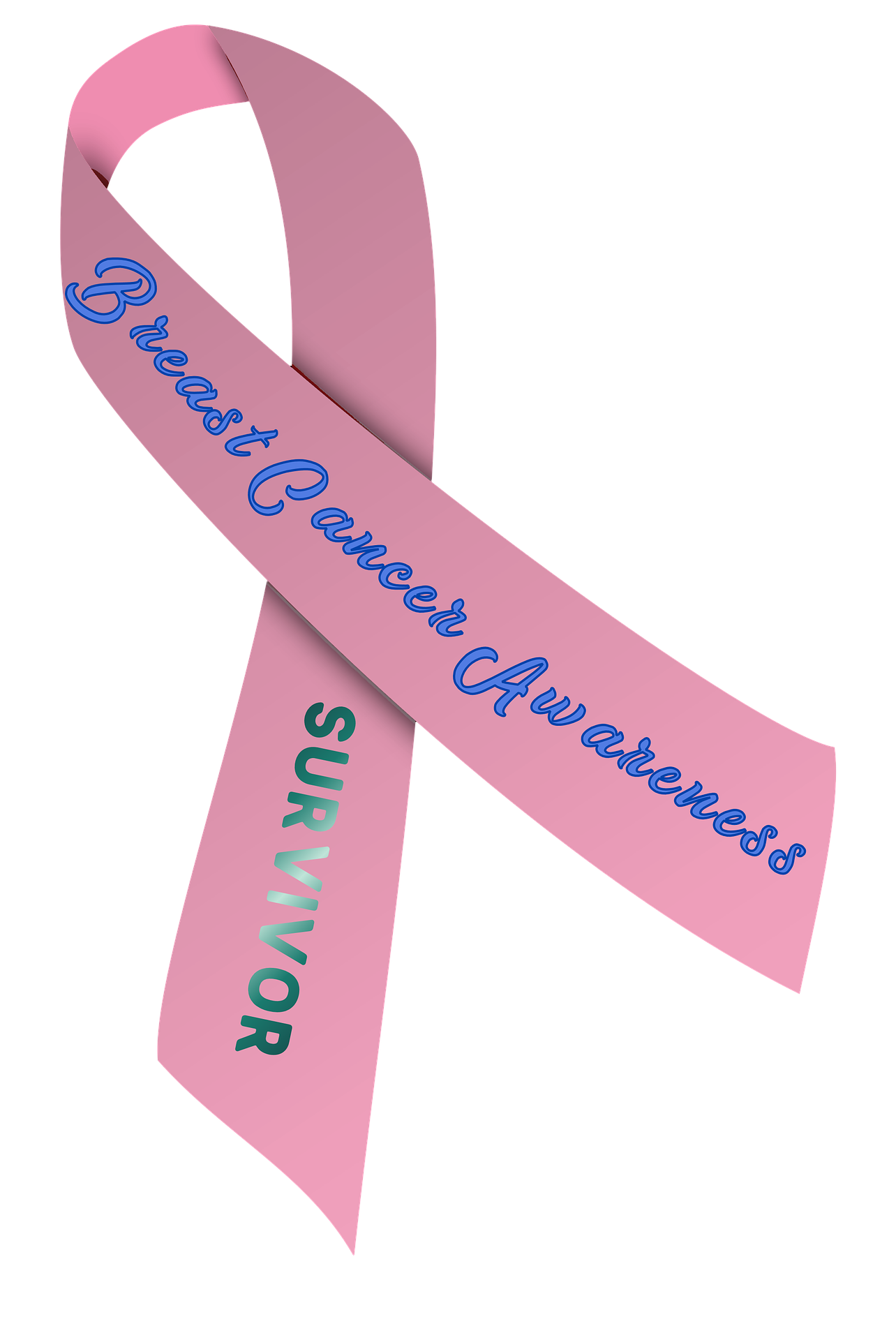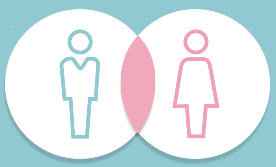October has been designated as breast cancer awareness month for many decades. Many organisations in Pakistan have put significant effort in raising awareness about it, it being the most common type of cancer among women. “Breast” is a taboo word, almost always thought of as a tissue that only women have. So we often ignore that it can happen to men too. Hence, it is relegated to discussions among women in segregated settings. Many women are diagnosed at a later stage because they did not know how to correctly perform a self-exam or were brushed off by other women in the household. To this day, mammography is considered to be a test that women only go for if they suspect a lump, instead of it being a screening and preventive measure. While a lot of work is being done to raise awareness about breast cancer, most material is targeted solely towards women and we still have a long way to go to normalise discussions about it and various reproductive health matters.
This brings us to another social problem: the designation of certain issues as women’s only! Why is the human reproductive system treated as taboo in our society yet is everybody’s concern? When a younger woman is diagnosed with breast cancer and a part of her breast needs to be removed, it remains a hush hush topic in her household. Her own parents worry about the effect this could have on her marriage, the presumption being that her husband will not be interested in her anymore, and so everyone hopes that he be kind to her. On the other hand, her in-laws wonder about the effect this could have on her reproductive capabilities. All this while, the patient herself does not get the moral and social support she really needs to fight off cancer. If it is an older woman past her menopause, her own children, particularly her male offspring, do not know how to talk to her about her ailment, whereas they would be perfectly able to take care of her if she had, say, a foot injury. The society, as a whole, tends to forget about the troubles of a female breast cancer patient and seems to struggle with itself instead. And if, God forbid, they meet a male breast cancer patient, they wouldn’t know what to do with themselves! All this while, the spouse who has to witness their life partner fighting, and sometimes losing, the battle with cancer is simply reduced to being a silent spectator instead of a human capable of feeling grief or any other emotion.

There are also other types of cancer of reproductive organs that are not often discussed. Cervical cancer, which is the second most common cancer among women, is not well understood in our society at the moment. Yet, it is a sure shot excuse for side-lining a woman when it comes to her potential or actual marriage. Prostate cancer, which is one of the most common types of cancer among men, isn’t often talked of either. How many of us even know that the prostate gland is part of male reproductive system? Is human reproduction only a woman’s job where man plays no part? Why is it, then, that many cancers and other maladies related to the human reproductive system are only considered to be a woman’s domain?
The problem is that, while talking about other parts of human anatomy is completely acceptable, anything to do with reproductive organs of either gender is taboo. So when such taboo topics are made a women-only problem, men can go about their regular lives without worrying about issues that women have to deal with behind closed doors. Men also do not have to worry that even some men in their social circle may be silently struggling with a deeply human and sexual aspect of life. Therefore, they do not have to care for the mental well-being of people around them. This is a representation of the deep-rooted patriarchy the society is a victim of. A woman is having painful periods and consequent possible fertility issues. Who cares as long as we don’t get to see her blood-stained clothes? A woman is struggling for her life either due to breast or cervical cancer, late miscarriage or during a complicated child delivery. Who cares as long as a male baby survives or there is possibility of one being born later? A woman does not have a child because her husband is infertile. Who cares whether she is physically healthy as long as she doesn’t voice her concern about her husband’s issues? In all of these scenarios, it is the woman who suffers the most while sometimes, the “kind” man in her life quietly grieves too. And if the man happens to be “unkind”, he leaves her for a younger female whereas the former woman has to deal with her psychological and physical trauma alone. As a society, we are failing women and couples who need emotional and moral support from their loved ones.

Despite the progress made by various awareness campaigns surrounding reproductive health, there still seems to be a tendency to avoid discussions about taboo topics, especially in mixed gatherings and among men. How do we expect not to have a rampant mental health problem in such a society? People need to be able to openly talk about their traumas. Many a time, both man and woman can be equally distressed by worries about their partner’s reproductive health, loss of a pregnancy or a taboo disease such as cancer of the reproductive organs. We have to bring normalcy to such discussions and involve men as significant players in the situation. Otherwise, we will not be able to get out of the toxic cycle of raising male children that find it difficult to understand points of view of the other gender sufficiently to help appropriately, when needed. We will also not be able to offer much needed information or support to women on a timely basis, so that they can take charge of their own reproductive health or make informed decisions promptly. Regardless of how many leaflets are circulated about medical cancers, true awareness about taboo health problems will only be achieved when we are able to openly talk about things that affect us at a very personal level without the fear of being ridiculed, judged or dismissed altogether.
The author, Aamina Khan, who is also the editor of Ed-watch, is an international polyglot citizen who likes to explore the world differently. A Chartered Accountant by profession, she likes to read and write in various languages as an amateur.







